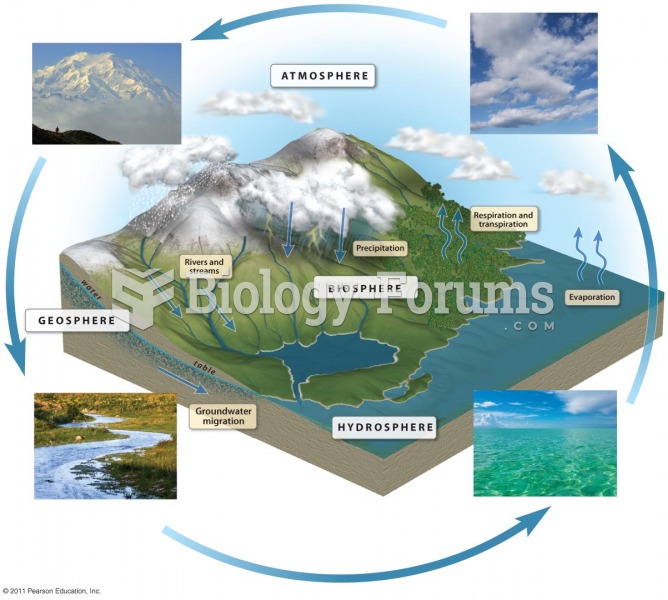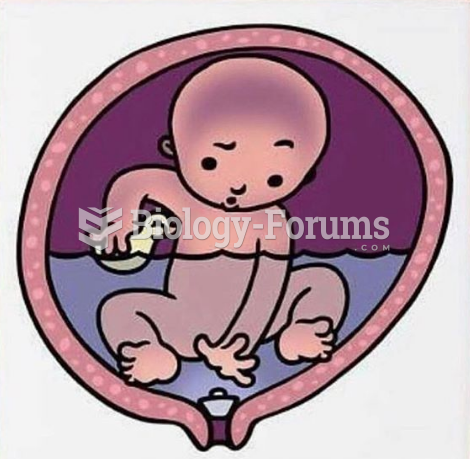About 1 in 15 households drink bottled water today, spending about 4 billion a year on it. Although the reasons for the trend are many, bottled water's perceived health benefits fall near the top of the list. Surveys have found that about 25 percent of bottled water drinkers choose the beverage for health and safety reasons; another quarter believe it is pure and free of contaminants. Regardless of its pristine image, bottled water is not necessarily any purer or more healthful than what flows right out of the tap. Consider that the Food and Drug Administration (FDA), the bottled water industry watchdog, does not require that bottled water meet higher standards for quality, such as the maximum level of contaminants, than public water supplies regulated by the EPA. For the most part, the FDA simply follows EPA's regulatory lead. Granted, bottled water is often filtered to remove chemicals such as chlorine that may impart a certain taste. But that doesn't make it any safer. In fact, about 25 to 40 percent of bottled water comes from the same municipal water supplies as tap water. Furthermore, some bottled waters do not contain any or enough of the fluoride needed to fight cavities. The only way to determine whether a certain water contains the mineral is to check with the company that bottles it. This is not to say that bottled water is necessarily any better or worse, from a health standpoint, than tap water. It's certainly preferable to tap water for those who like its taste. The problem is that many consumers pay 300 to those who like its taste. The problem is that many consumers pay 300 to 1,200 times more per gallon for bottled water than for tap water because they think bottled water is the more healthful of the two. Bottlers add to the confusion by sprinkling terms such as pure, crystal pure, and premium on labels illustrated with pictures of glaciers, mountain streams, and waterfalls, even when the water inside comes from a public reservoir. However, the FDA has set forth regulations mandating clear labeling of bottled waters. The miniglossary of bottled waters explains what some of the terms used on bottles really mean. Boyle, Marie A., and Anderson, Sara Long. Personal Nutrition, 5th Edition, page 206 According to the passage, what percentage of bottled water drinkers purchase it for health benefits?
a. 70
b. 40
c. 25
d. 50
Question 2
About 1 in 15 households drink bottled water today, spending about 4 billion a year on it. Although the reasons for the trend are many, bottled water's perceived health benefits fall near the top of the list. Surveys have found that about 25 percent of bottled water drinkers choose the beverage for health and safety reasons; another quarter believe it is pure and free of contaminants. Regardless of its pristine image, bottled water is not necessarily any purer or more healthful than what flows right out of the tap. Consider that the Food and Drug Administration (FDA), the bottled water industry watchdog, does not require that bottled water meet higher standards for quality, such as the maximum level of contaminants, than public water supplies regulated by the EPA. For the most part, the FDA simply follows EPA's regulatory lead. Granted, bottled water is often filtered to remove chemicals such as chlorine that may impart a certain taste. But that doesn't make it any safer. In fact, about 25 to 40 percent of bottled water comes from the same municipal water supplies as tap water. Furthermore, some bottled waters do not contain any or enough of the fluoride needed to fight cavities. The only way to determine whether a certain water contains the mineral is to check with the company that bottles it. This is not to say that bottled water is necessarily any better or worse, from a health standpoint, than tap water. It's certainly preferable to tap water for those who like its taste. The problem is that many consumers pay 300 to those who like its taste. The problem is that many consumers pay 300 to 1,200 times more per gallon for bottled water than for tap water because they think bottled water is the more healthful of the two. Bottlers add to the confusion by sprinkling terms such as pure, crystal pure, and premium on labels illustrated with pictures of glaciers, mountain streams, and waterfalls, even when the water inside comes from a public reservoir. However, the FDA has set forth regulations mandating clear labeling of bottled waters. The miniglossary of bottled waters explains what some of the terms used on bottles really mean. Boyle, Marie A., and Anderson, Sara Long. Personal Nutrition, 5th Edition, page 206 The author's claim that bottled water is (not) necessarily any better or worse, from a health standpoint, than tap water is
a. inadequately supported because it lacks evidence and explanation.
b. adequately supported by relevant details.







